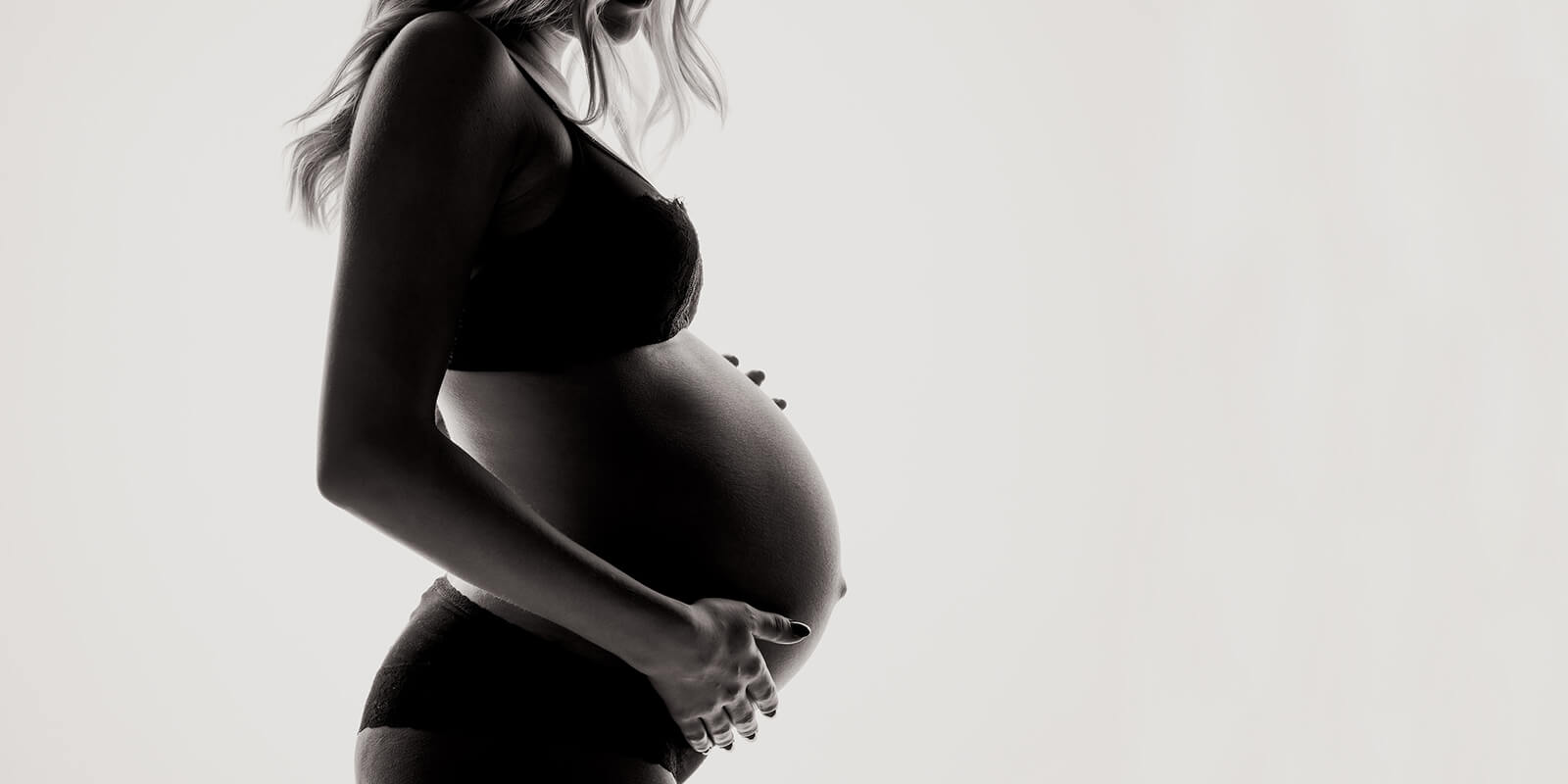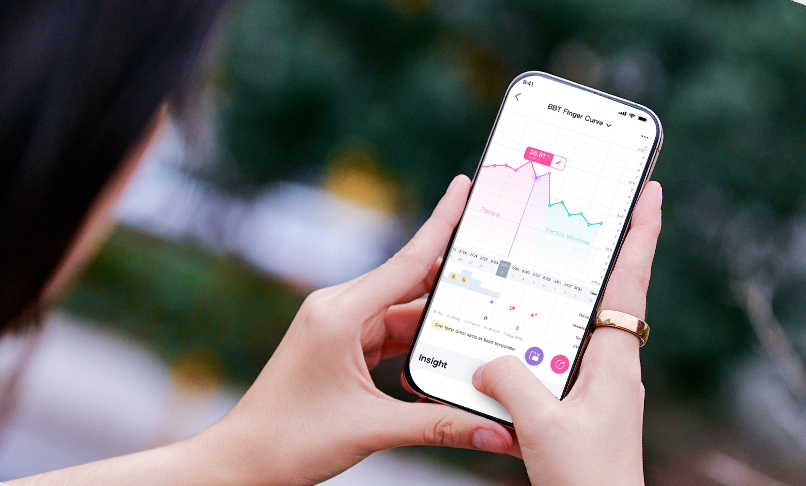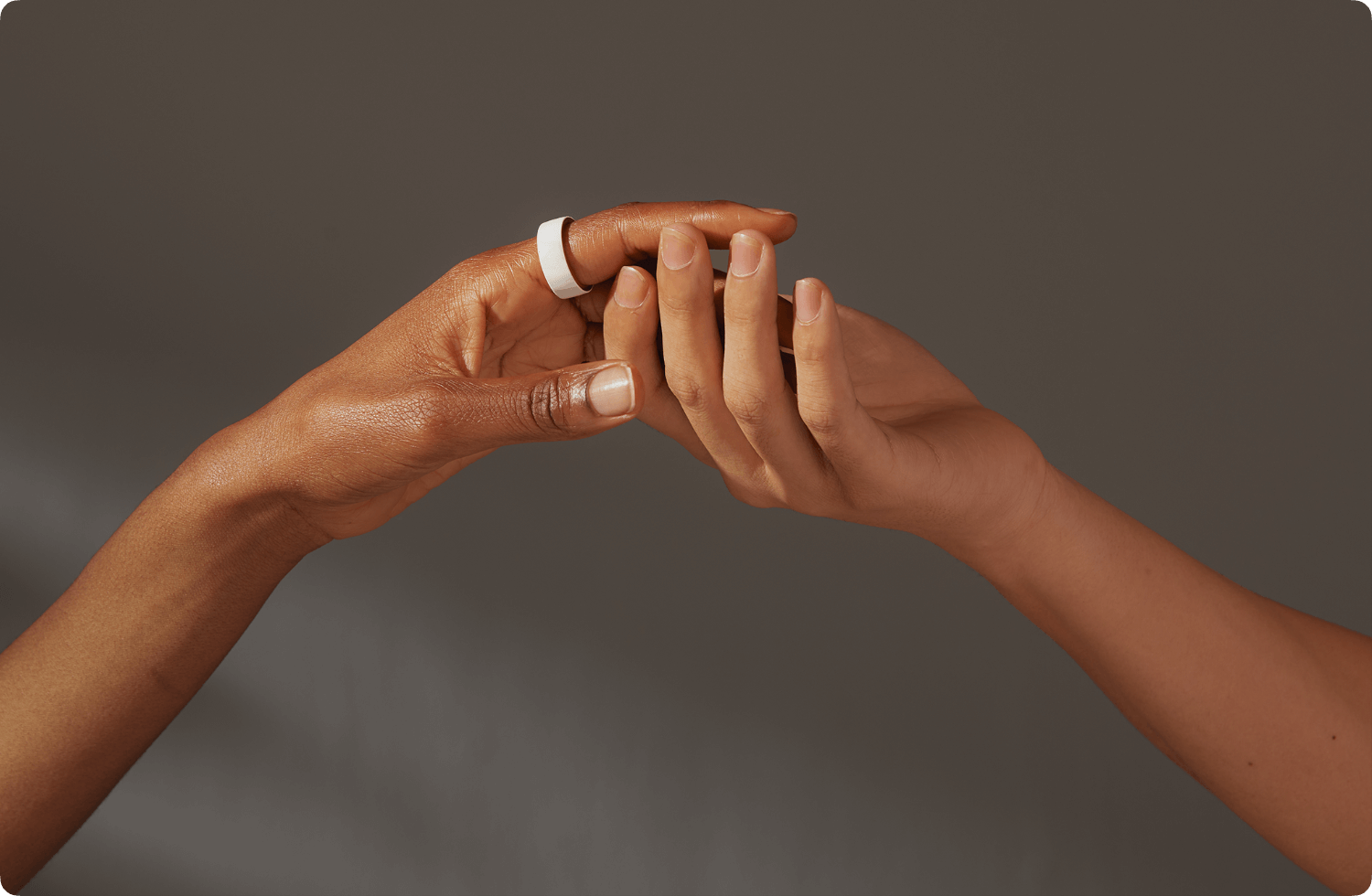What Is Late Ovulation?
Late ovulation, also known as delayed ovulation, refers to the occurrence of ovulation at a later stage in a woman's menstrual cycle than the typical mid-cycle ovulation. In a usual 28-day cycle, ovulation typically occurs around day 14. However, for some women, ovulation may happen later, which can lead to changes in the menstrual cycle and raise questions about its impact on fertility.
Ovulating later than expected during the menstrual cycle can be determined through various methods, such as tracking basal body temperature (BBT) or using ovulation predictor kits (OPKs). Late ovulation can result in a shift in the timing of fertility signs, such as cervical mucus changes and ovulation pain.

It's important to note that not every cycle will result in ovulation, even in women with regular menstrual cycles. Anovulation, the absence of ovulation in a particular cycle, can occur for various reasons and is more likely to happen in some women than others.
Possible Causes of Late Ovulation:
1. Polycystic Ovary Syndrome (PCOS):
PCOS is a hormonal disorder characterized by irregular ovulation or anovulation. Women with PCOS may experience late ovulation or unpredictable menstrual cycles due to imbalanced hormone levels.
2. Hypothyroidism:
An underactive thyroid gland (hypothyroidism) can affect hormone production and disrupt the menstrual cycle, leading to late ovulation or anovulation.
3. Extreme Stress:
High levels of stress can impact the hormonal balance in the body and disrupt the regularity of ovulation. Stress-induced late ovulation can be a temporary issue, and managing stress levels may help restore regular cycles.
4. Medications:
Certain medications, such as those used for fertility treatments or hormonal therapies, can influence ovulation timing and lead to late ovulation.
Can I Still Get Pregnant with Late Ovulation?

Yes, it is possible to get pregnant with late ovulation, though it may present some challenges. Late ovulation can result in a shorter window for conception since the time between ovulation and the next menstrual period is typically shorter. Additionally, irregular ovulation patterns can make it more difficult to predict the fertile window accurately.
For individuals experiencing late ovulation, the chances of becoming pregnant can still be favorable, although it may require some adjustments and proactive measures. Understanding the factors that influence fertility and implementing strategies to optimize conception can improve the likelihood of achieving pregnancy.
Chances of Natural Conception with Late Ovulation:
While late ovulation can result in a shorter window for conception, it's important to remember that sperm can survive in the female reproductive tract for up to five days. This means that even if ovulation occurs later than expected, having intercourse in the days leading up to ovulation can still result in successful fertilization when the egg is released. Monitoring fertility signs and being aware of ovulation timing can help couples maximize their chances of natural conception.
Ways to Improve Chances of Conception:
1. Treating PCOS:
For those with Polycystic Ovary Syndrome (PCOS), managing the condition is crucial for restoring regular ovulation. Inositol, a naturally occurring substance that can help improve insulin sensitivity and hormone regulation, has shown promise in promoting ovulation in women with PCOS. Discussing this option with a healthcare provider can provide guidance on proper dosage and usage.
Related product: Myo & D-Chiro 40:1 Inositol for PCOS relief and fertility boosting
2. Yoga and meditation:

Stress can negatively impact fertility and ovulation. Engaging in relaxation techniques like yoga and meditation can help reduce stress levels and promote hormonal balance, potentially leading to more regular ovulation. Integrating mindfulness practices into daily life can be beneficial for both physical and emotional well-being.
3. Stop taking drugs that prevent ovulation:
If using contraception that suppresses ovulation, such as hormonal birth control, consider discontinuing it when planning to conceive. After stopping the contraceptive, it may take some time for the body to return to its natural ovulation pattern, so patience is key during this transition period.
4. Track your ovulation:
Since your ovulation day is unpredictable, to get pregnant, you need to track your basal temperature or LH levels. By monitoring these indicators, you can anticipate your fertile window ahead of time, ensuring that you seize every opportunity for pregnancy."
Related product:
Femometer Smart Ring for Women
Vinca 2.0 Basal Thermometer
Ivy103 LH Digital Tracker
5. Visit a doctor if needed:
If you have been actively trying to conceive for a considerable period without success, consider seeking medical advice. A fertility specialist can conduct assessments to identify any underlying issues that may affect conception. Early intervention and appropriate medical guidance can be vital in improving chances of pregnancy.
It's important for both partners to adopt a healthy lifestyle, which includes maintaining a balanced diet, regular exercise, and managing stress. Avoiding tobacco, excessive alcohol, and illicit drugs can also positively impact fertility.
In conclusion, late ovulation does not necessarily diminish the chances of becoming pregnant. Monitoring ovulation signs and timing intercourse appropriately can enhance the likelihood of conception. For those with specific conditions like PCOS, targeted treatments and lifestyle changes can help regulate ovulation. Consulting with a healthcare provider and adopting a proactive approach can empower individuals with late ovulation to increase their chances of achieving a successful pregnancy.
This article is the original creation of Femometer. All rights reserved by Femometer Inc. To reproduce, distribute, or reference the content, please reach out to us in advance to prevent any potential legal issues. Copyright © Femometer Inc.










